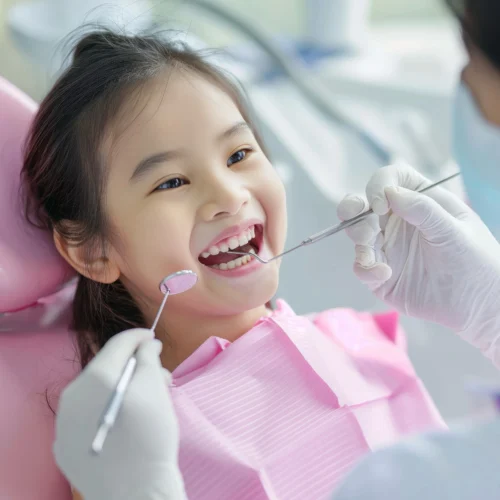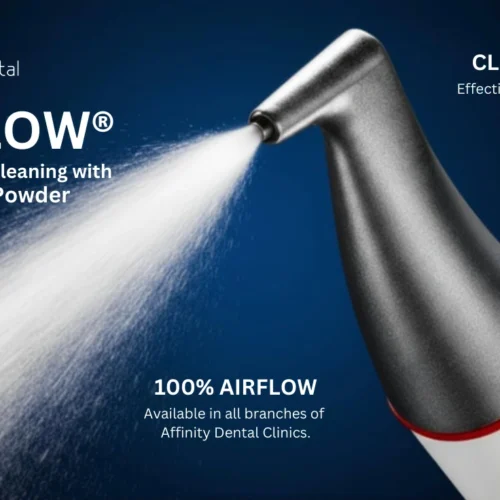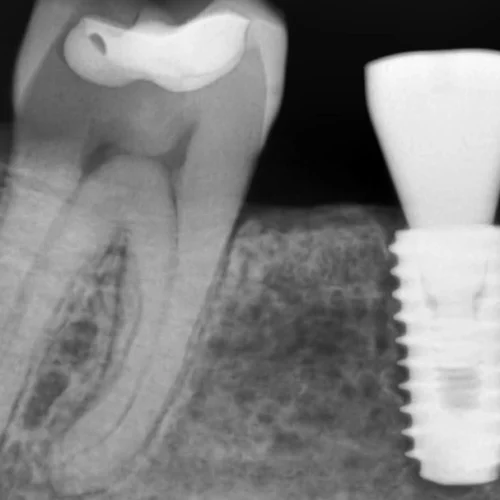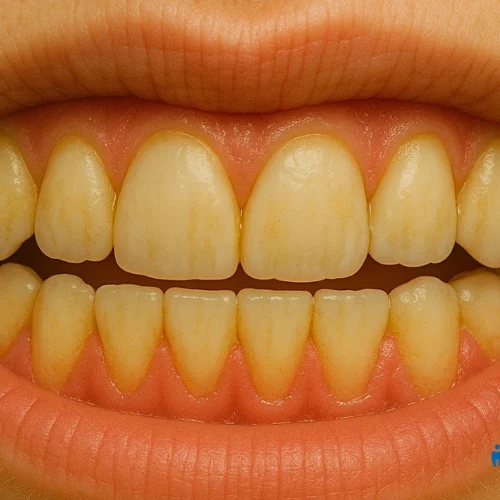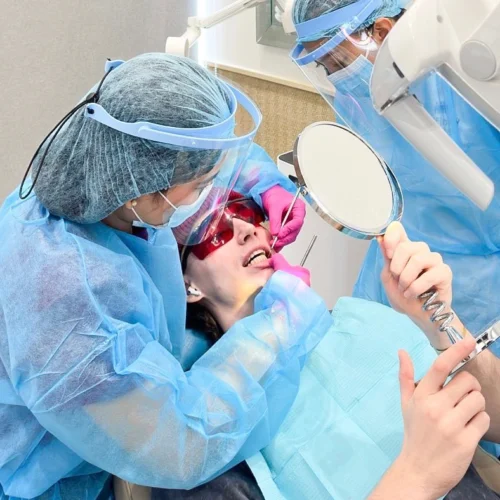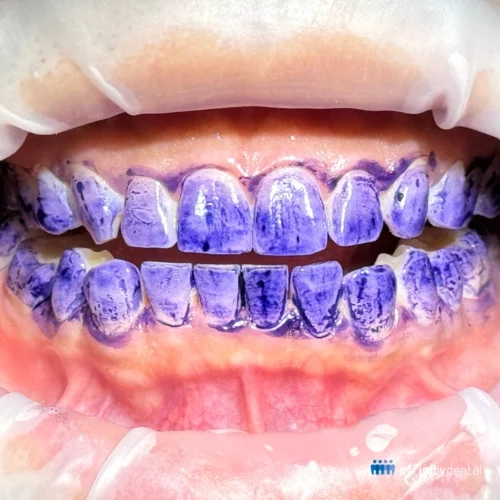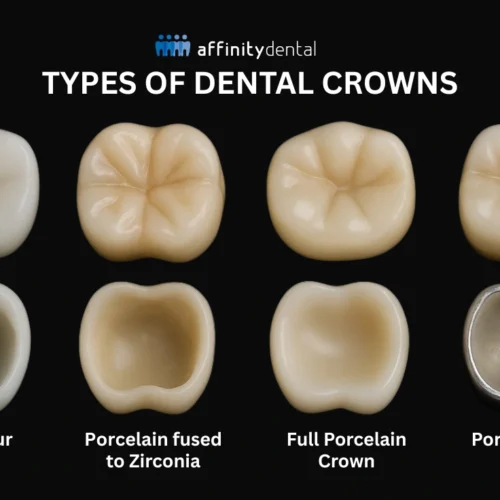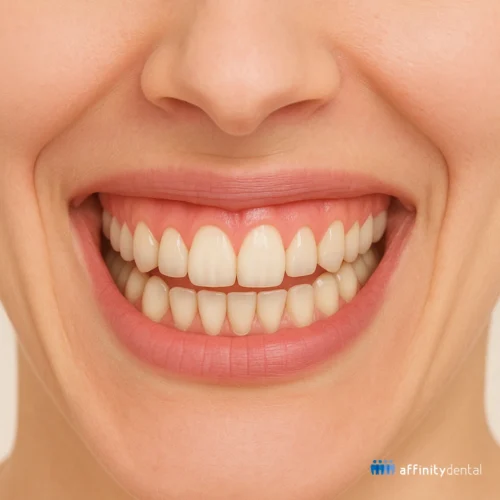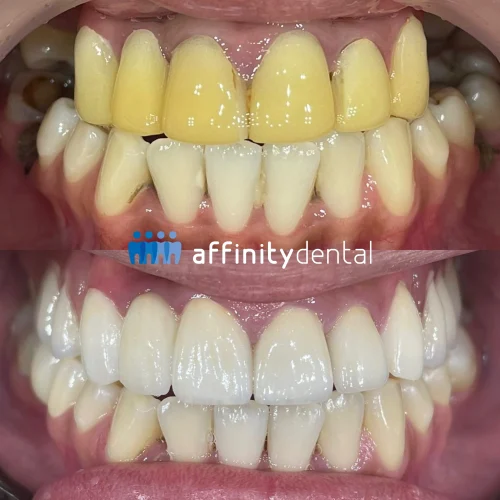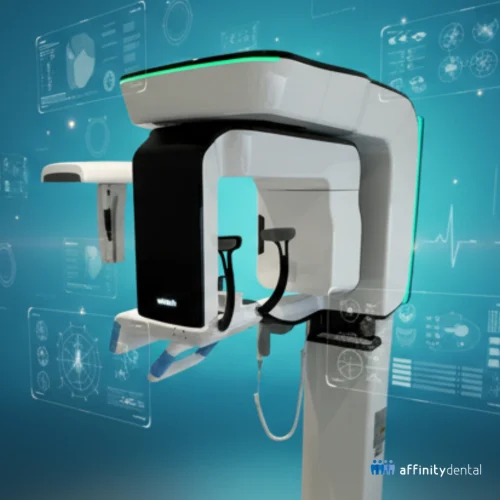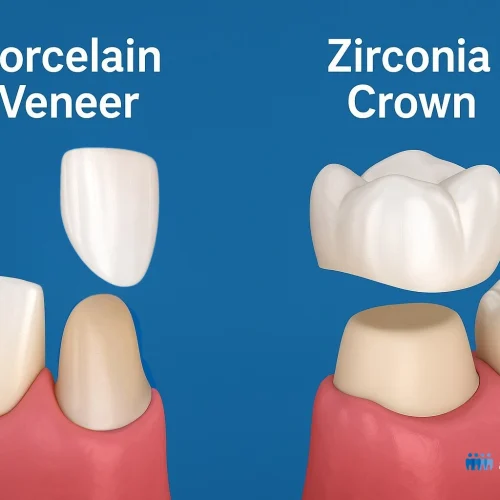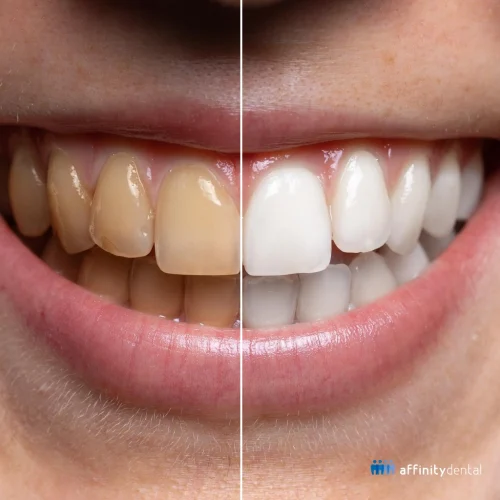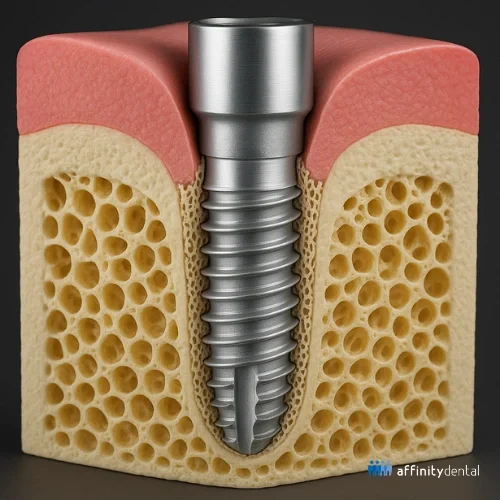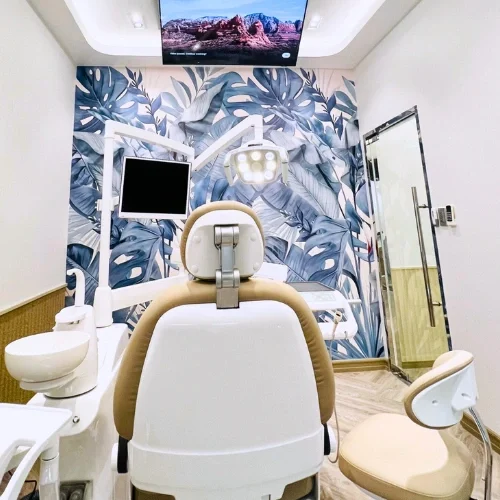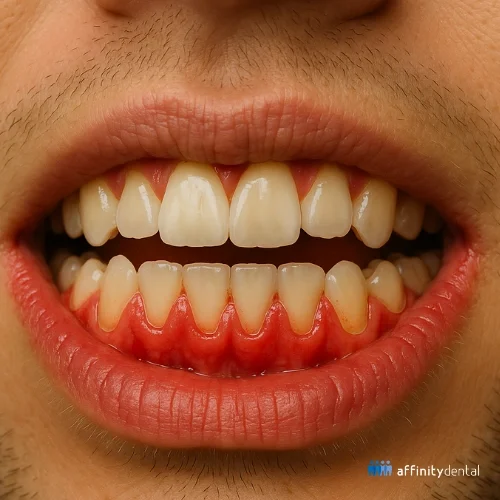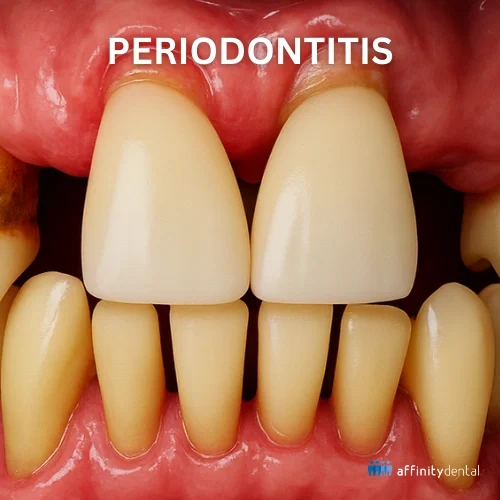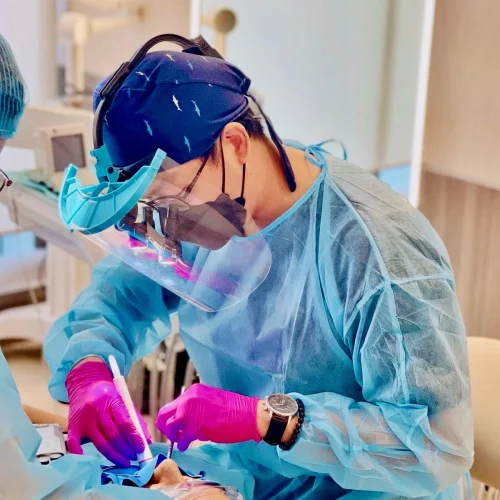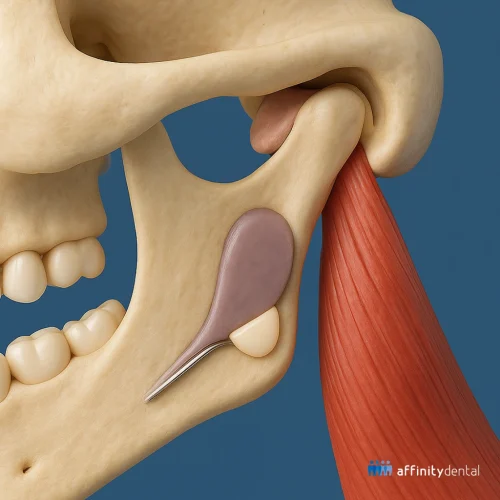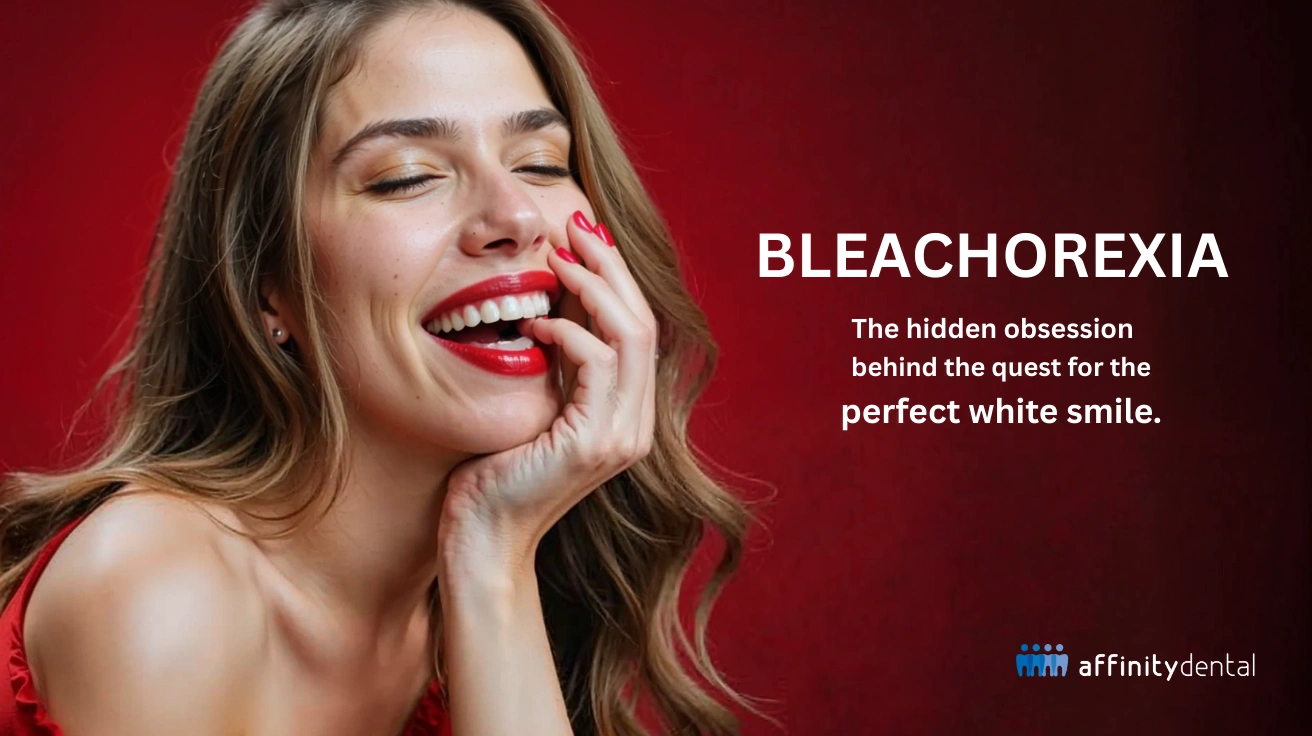
Bleachorexia: When Teeth Whitening Becomes an Obsession
“Just One Shade Whiter…”
It starts innocently enough.
You see yourself on Zoom or scroll past an influencer’s dazzling smile on Instagram. You wonder: Are my teeth white enough?
You try a whitening strip. Then a gel. Then a touch-up kit. Then another one.
And before you know it, you’re chasing a shade that doesn’t even exist in nature.
This quiet obsession now has a name: Bleachorexia.
You won’t find it in the DSM or your dental benefit plan, but ask any experienced dentist—they’ll know exactly what it means.
What Is Bleachorexia?
“Bleachorexia” is a non-clinical term used to describe an obsessive, sometimes compulsive, need to whiten teeth—far beyond normal cosmetic enhancement.
Dentists first began using the term to describe patients who, despite already having bright teeth, continue to bleach in search of “perfect white.”
A 2018 clinical case report even documented such behavior as a form of esthetic obsession, suggesting that the compulsive use of whitening products may require both dental intervention and psychological counseling【PubMed: Clinical Case Reports, 2018】.
ABC News was among the first to publicly report this trend, documenting how some patients “bleach their teeth into translucency,” risking long-term damage in the pursuit of a smile that looks filtered【ABC News, 2011】.
How Did We Get Here?
Let’s be honest: we live in the age of over-whitened everything.
- Instagram filters auto-enhance tooth brightness.
- Whitening pens and kits promise results in minutes.
- Some salons even offer walk-in “bleaching” services—often without a dentist in sight.
Add in celebrity smiles, AI edits, and the pressure to be camera-ready 24/7, and suddenly, natural teeth start to look… off.
In a world where “white equals clean,” the line between self-care and self-damage blurs.
Are You at Risk? Warning Signs of Bleachorexia
Most people don’t realize when they’ve crossed the line.
But your teeth and gums always know.
Signs you may be bleaching too much:
- You feel your teeth are never white enough.
- You’ve tried multiple whitening products in a short span.
- You ignore sensitivity, burning, or enamel erosion.
- Friends or your dentist told you to stop—but you didn’t.
- You’ve begun to feel anxious about photos unless you’ve “touched up” your smile.
In a 2023 review of bleachorexia behavior, researchers observed that people with whitening addiction displayed psychological traits similar to those with body dysmorphic disorder—fixating on minor flaws, even when others don’t see them【Romanian Journal of Oral Rehabilitation, 2023】.
The Hidden Damage You Can’t Undo
Unlike a bad haircut, over-bleaching isn’t reversible.
- Enamel erosion makes your teeth weaker—and it doesn’t grow back.
- Tooth sensitivity becomes more frequent and painful.
- Gum irritation or even chemical burns can occur with unsupervised bleaching.
- Chalky or translucent teeth are signs of over-oxidized enamel.
- In extreme cases, veneers or crowns may be the only fix.
One report from Oral Health Group described bleachorexia patients as returning again and again to dentists with weakened enamel, tooth dehydration, and repeated exposure to peroxide beyond safe limits【Oral Health Group】.
Why Whitening Should Never Be DIY (All the Time)
This isn’t about scaring you off whitening.
It’s about doing it right.
At Affinity Dental Clinics, we offer whitening as part of conservative, ethical cosmetic dentistry—never as a one-size-fits-all service.
Our dentists:
- Assess your tooth shade and condition first.
- Recommend whitening only when clinically safe.
- Use protective barriers to shield gums.
- Limit treatment to 3 safe cycles per session.
- Refuse to whiten already overbleached or translucent teeth.
In other words, we don’t sell whitening. We provide it responsibly.
Real Whitening vs. Filter Whitening
Here’s something no whitening kit will tell you:
Teeth aren’t meant to be “paper white.”
The enamel has a natural transparency, and the dentin beneath has a warm hue.
What you see on screen—porcelain crowns, AI edits, filtered smiles—isn’t always real.
Chasing unrealistic shades can leave you looking more fake than fresh.
The best whitening enhances your natural beauty—not erases it.
As the Life-Like Cosmetic Whitening group stated: “Without a set target shade, some patients may never be satisfied with the results, leading to overuse and damage”【life-like.com】.
The Affinity Approach to Whitening: Ethical. Safe. Subtle.
We’ve seen the aftermath of bleachorexia—sensitive teeth, worn enamel, and regret.
Our approach is grounded in ethics, science, and subtlety:
- AIRFLOW® Prophylaxis first – to remove surface stains and plaque.
- In-clinic whitening with safe, calibrated systems.
- No over-promising. Some discoloration may require other treatments like veneers.
- Maintenance advice: Not everything needs a repeat. Once a year, max.
- Patient-first policy: If you don’t need it, we’ll say so.
You deserve honesty in aesthetic care. And your enamel deserves protection.
You’re Not Alone—And You Can Stop
Obsessive whitening can sometimes be a symptom of something deeper: anxiety, perfectionism, or body dysmorphia.
Psychologists warn that bleachorexia may be a visible red flag for more complex body image issues—especially if the behavior persists despite dental warnings【Psychology Today】.
If you suspect that’s the case, talk to your dentist—or even a mental health professional.
There’s no shame in wanting a better smile.
The only danger is chasing an idea of perfection that isn’t healthy, or even real.
Final Thoughts: The Shade That Suits You Best
Here’s the truth: the “perfect white” smile is a myth.
The healthy, confident, and naturally beautiful smile is the real goal.
At Affinity Dental Clinics, we’re not here to sell you whitening for the sake of sales.
We’re here to help you understand what works for your teeth, and how to achieve it safely—with your long-term oral health in mind.
Ready to Talk Whitening—The Right Way?
If you’ve been whitening at home, or wondering if you’ve gone too far—we’re here to help. Let’s talk about what’s possible, what’s safe, and what your smile truly needs.
🦷 Book a Whitening Consultation at Affinity Dental Clinics
📖 Explore Cosmetic Dentistry Services
